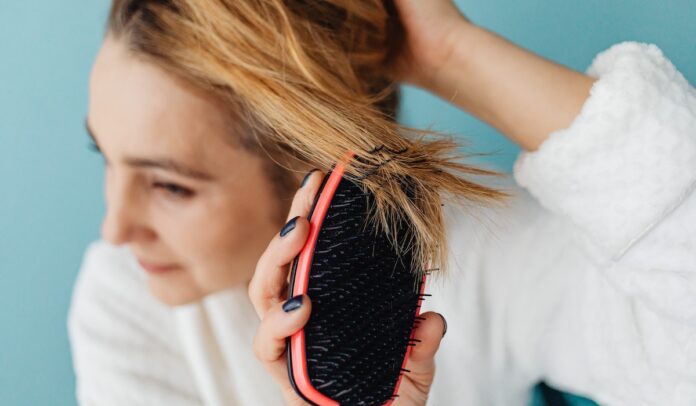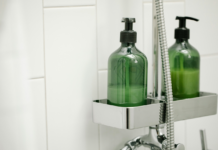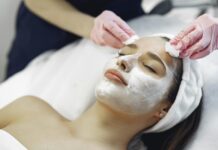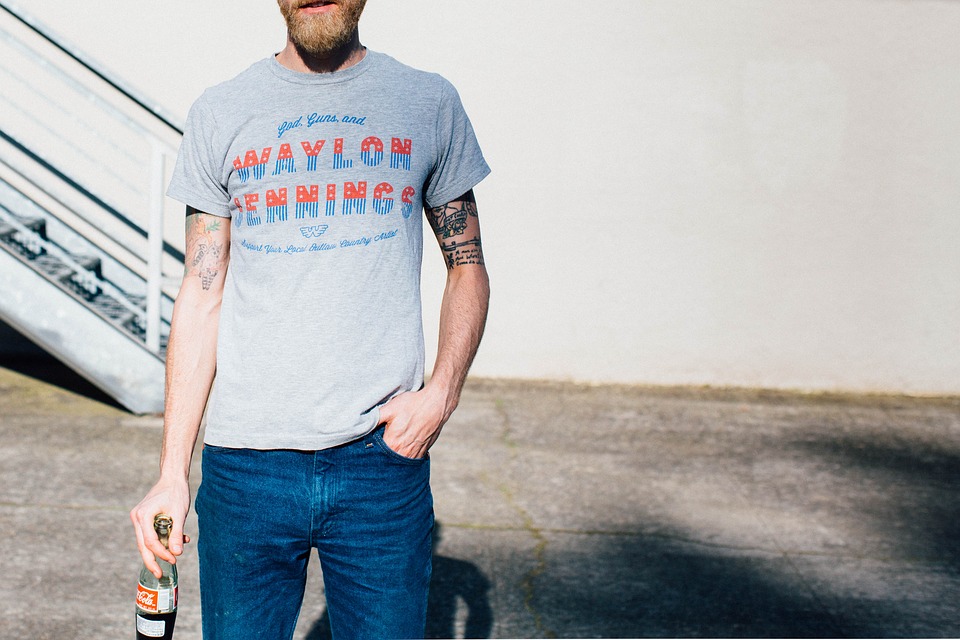Taking care of your hair has never been simpler than with this method. These one-of-a-kind hair care suggestions will win you over, and your hair care routine will never be the same.
Seven Fabulous Hair Care Guidelines for Keeping Your Hair in Top Condition
Because of the pollution, providing special attention to hair maintenance is essential.
There are many schools of thought on the best way to care for your hair, with some suggestions you condition it every day and others advocating for you to avoid oiling it. Hair spas, Moroccan oil, strengthening (not rebonding), and all the rest are the latest, but your mom will urge you to “oil your hair.” Here are some things to consider before settling on a course of treatment.
Diet is the first stage in hair maintenance, and iron and protein are the two most vital nutrients for healthy hair. Since they are not essential to living, hair cells proliferate the fastest but are also the first to die off if you don’t have enough of the necessary nutrients in your diet.
Iron can be found in leafy greens, seafood, pumpkin seeds, beans, chickpeas, soybeans, and cereals.
The average daily recommended iron intake is 12 milligrams, as recommended by medical professionals. Your hair needs protein because it is the building block. Eat foods like cheese, milk, soy, lentils, peas, quinoa, and yogurt that include complete proteins and a wide variety of amino acids.
The Basics of Good Hair Care
1. Understand hair loss is normal
One should not be alarmed if they discover a cluster of hairs scurrying over the ceramic floor, as daily hair loss of 100 to 150 strands is typical.
2. Use the right comb
Wet hair is extremely delicate and easily broken, so comb it with care. Use a wide-toothed comb to gently work through your hair from the roots to the ends, be cautious when you comb your hair. After shampooing, comb your hair through with a wide-toothed comb.
3. Get a regular trim
Remove the short, dark, split ends from your hair by trimming it once every few weeks. To prevent the split ends from regrowing, trim about a quarter of an inch off your hair every 6 to 8 weeks.
4. Do not wash every day
Avoid daily washes, and always condition the ends of your hair after washing. It’s recommended that you use the same shampoo and conditioner.
5. Rinse with cold water
After applying the conditioner, rinse it out with cold water to preserve the conditioner’s strength and shine.
6. Read information labels
Rarely do you read the informational labels on how to use Moroccan oil dry texture spray, but you read those on your food products. Sulfate in shampoos has received a lot of attention in recent years. Simply put, what are sulfates? They’re responsible for the foaming action of your shampoo. They remove dirt and grime from your scalp and hair. However, some studies have shown that they might strip your hair of its natural oils. They’re also to blame for the burning sensation caused by shampoo dripping into your eyes. Try switching to a sulfate-free shampoo if you have any sensitivity on the scalp or if your hair dries out over time.
7. Stay away from the dye if your hair is dry
However, if you simply cannot stay away from that stunning brown, especially in the winter sun, consider the following advice from the Free People site. Try using honey, chamomile tea, or lemon juice as natural hair lighteners. To freshen up before going out, mix some lemon juice with water and spray it through your hair. Honey or chamomile tea made with hot water can be used as a last rinse after shampooing, and the former can also be used as a pre-wash conditioner.
Conclusion
Hair care is a highly debated topic, with numerous competing theories. Don’t wash your hair every day; if you must, ensure to condition the ends afterward. Complete proteins can be found in foods, including cheese, milk, soy, lentils, peas, quinoa, and yogurt. It’s no secret that sulfate in shampoos has recently been a hot topic. Researchers have shown that using them may potentially remove the healthy oils from your hair. If your scalp is susceptible or your hair tends to dry up, you may want to try a shampoo without sulfates.















